Shakespeare's Own Life
What's In A Picture?
May/21/2018 16:28
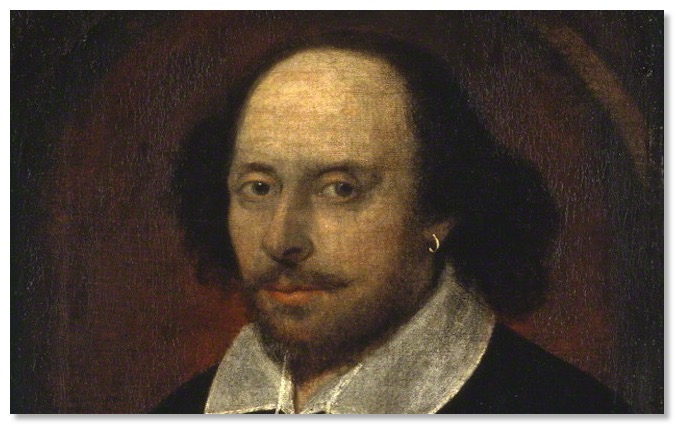
The most famous — and only — more or less true to life portrait of William Shakespeare is the so-called Chandos Portrait (above.) It has immortalized the now iconic balding pate, earring, and flowing hair and beard. The portrait itself has a fascinating history, but this article talks about the future restoration of the picture, and what the art restorers dare — and do not dare — do, to bring it back to its original glory. Well worth a read!
Apparel Oft Proclaims the Man...
April/02/2018 18:19
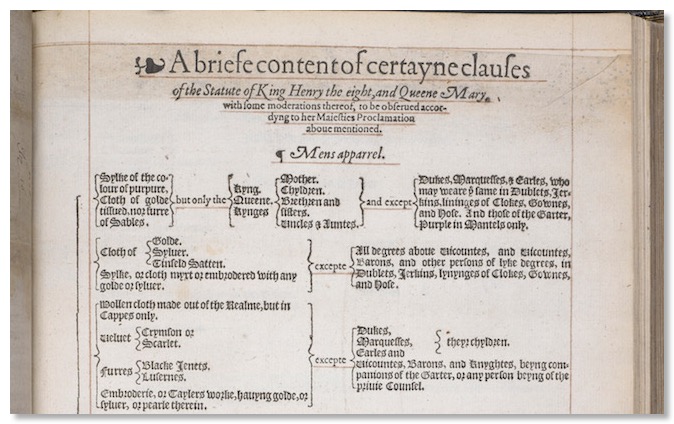
We often hear from students who use our Shakespeare eBooks, and one recurring question we get is: "Why do the actors wear modern dress, when the plays are set long ago?" There are several answers to this question (which can often drive a productive class discussion), including the idea that we were focused less on theater with a capital "T", and more on language and diction; that by removing one aspect of cognitive dissonance, we allow students to focus more on diction and rhyme; and that the "neutral" use of clothing allows students to more easily imagine how they might dress the actors, to further their directing goals.
However, the point of this post is to introduce the idea that Elizabethan England lived under a set of (to us at least) very stringent dress codes (also called sumptuary laws), which worked along class and wealth lines. To learn more about this, enjoy Liza Picard's excellent article on the subject.
Shakespeare's Education
April/02/2018 18:11
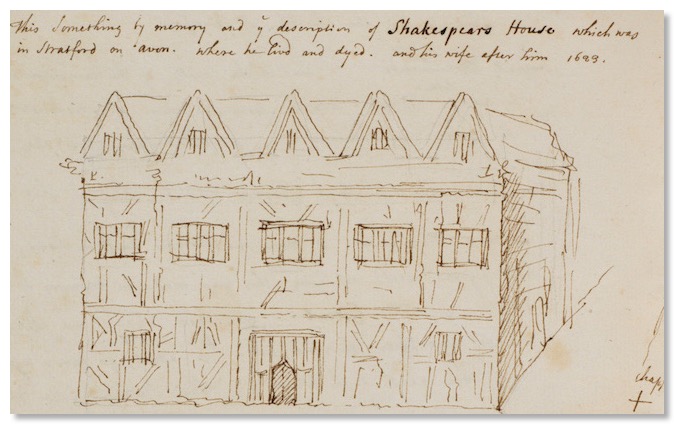
Just as many students today must read Shakespeare at school, so of course at one time, Shakespeare had to attend school, and read the notes and play writes of that era. This brief but detailed article by noted English actor Simon Callow nicely outlines the educational world and childhood Shakespeare likely experienced. And the schooling did not seem either easy, or particularly broad, as he notes in this passages: "They didn’t study history, they didn’t study mathematics, they didn’t study geography, they didn’t study science. They studied grammar, from dawn to dusk, six days a week, all the year round. Grammar – Latin grammar. They translated from Latin into English and from English into Latin. At school, ordinary conversation was in Latin; any boy caught speaking English was flogged. And they mastered the tropes of rhetoric, from antimetabole (where words are repeated in inverse order) to zeugma (where one verb looks after two nouns)."
Permission Granted
January/26/2018 10:11
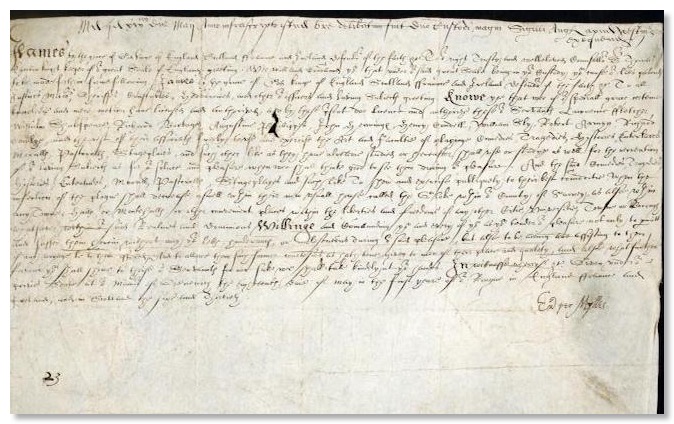
The original document used to announce King James I's granting of a royal warrant to Shakespeare's acting troupe, changing their name from The Lord Chamberlain's Men to The King's Men, and permitting them to perform "Comedies, Tragedies, Histories, Enterludes, Moralles, Pastoralles, Stageplayes". Read and see high quality digital scans of the warrant.
Shakespeare in Love, versus Saving Private Ryan
February/27/2017 18:07
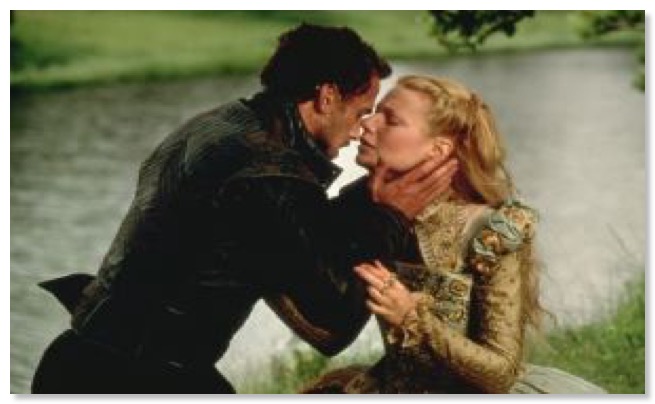
An enjoyable interview with Harvey Weinstein, explaining why Shakespeare in Love, beat out Saving Private Ryan at the Oscars. More.
Oh my...
February/03/2017 14:49
It looks as if TNT will be releasing a "biopic" of young William Shakespeare. One hesitates to think what they will do with history…
Shakespeare's Own Drama
November/28/2016 15:35
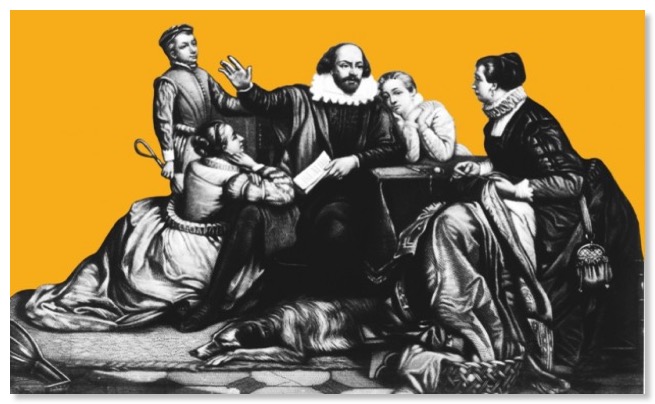
An excellent overview by Stanley Wells of the drama (broadly speaking) that William Shakespeare experienced in his own family affairs. More.